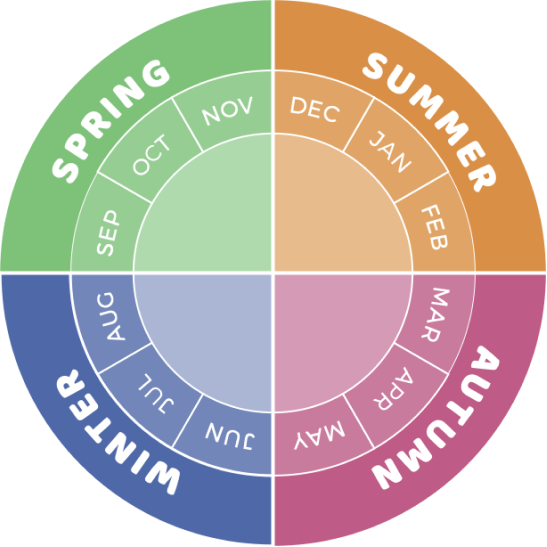Keep joy handy; grab a mandi. Mandarins are a super juicy fruit containing potassium, a nutrient to help a healthy nervous system and happy mood.
*When eaten as part of a healthy varied diet.
Top Tip: Mandarins will last for up to two weeks longer if you pop them in the fridge.
Top Tip: Bake mandarins into cakes and puddings or use them in fresh salads to brighten up your winter.
Mandarins are in season from April to October each year.

The recommended amount of fruit you should eat is 2 serves per day.
(Source: Australian Dietary Guidelines, 2013)
Two mandarins (150g) count as 1 serve of fruit.
|
Serving size: 150g (2 small mandarins raw) |
||||||||||||||||||||||||||||||||||||||||||||||||||||||||||||
|
||||||||||||||||||||||||||||||||||||||||||||||||||||||||||||
|
Source: Aust Food Comp Data or ^ USDA data |
The recommended amount of fruit you should eat is 2 serves per day.
(Source: Australian Dietary Guidelines, 2013)
Two mandarins (150g) count as 1 serve of fruit.